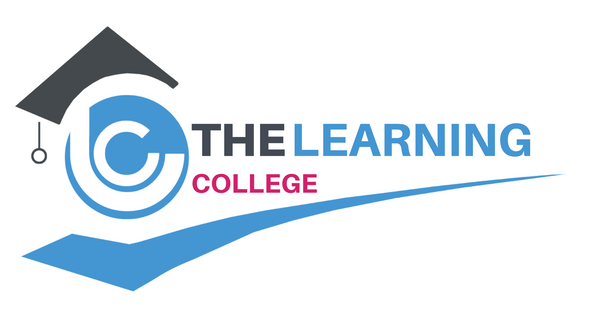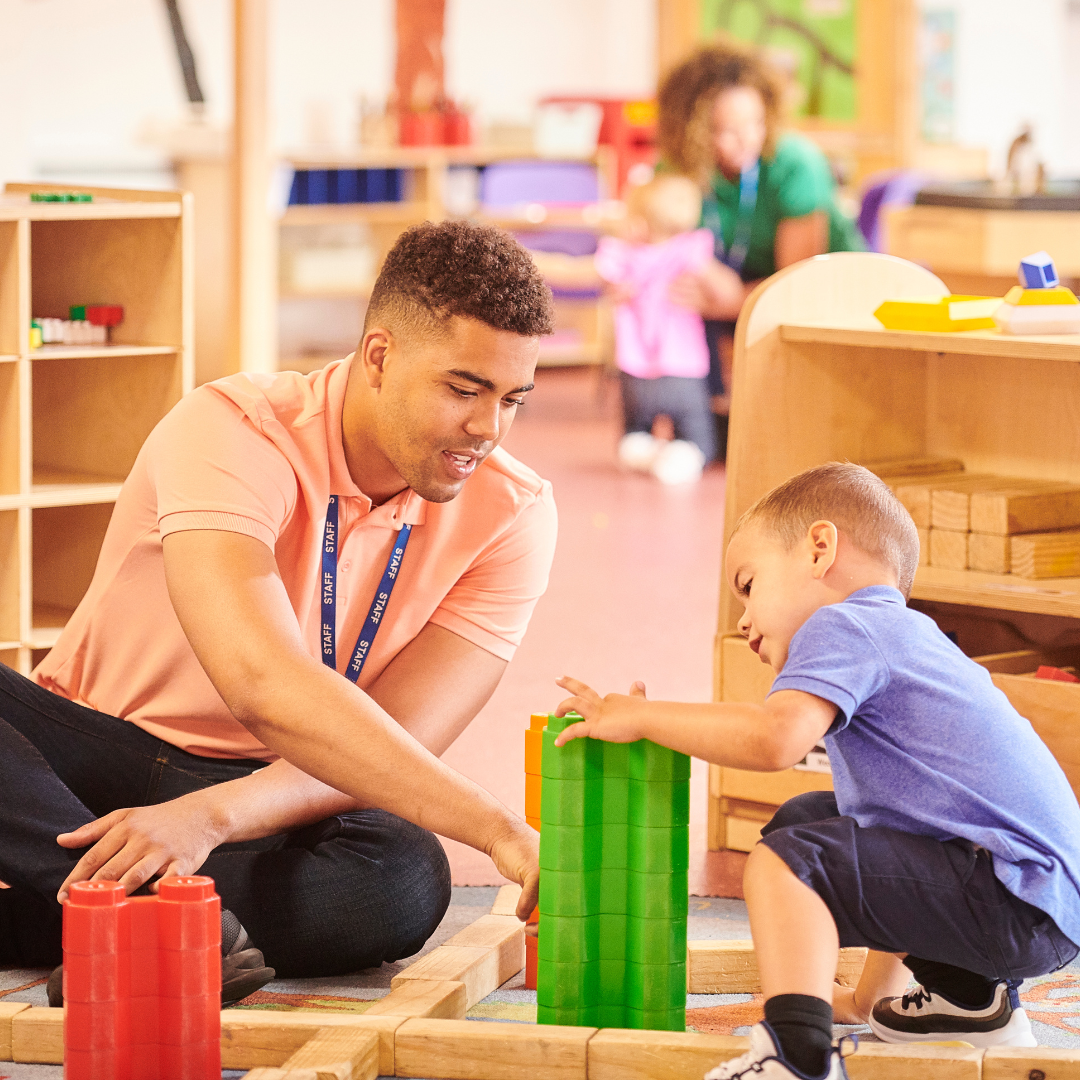TQUK Level 3 Diploma for Early Years Care and Education (EYE) RQF - The Course Module Information and Units covered
Unit 1 – Understand development of babies and young children
- Understand the expected rate of development of babies and young children
- Understand theory and philosophy of child development
Unit 2 – Prepare young children for the transition to school
- Understand the early years framework and how it prepares children for school
- Understand the role of the Early Years Educator in preparing a child’s transition from the early years setting and into school
- Be able to prepare young children for school readiness
Unit 3 – Safeguarding and child protection in the early years
- Understand legislation, guidelines, policies, and procedures in relation to safeguarding of babies and young children
- Understand child protection in the early years
- Understand the process and importance of whistleblowing in the early years
- Be able to keep babies and young children safe and secure in the setting
Unit 4 – Promote the health, safety and welfare of babies and young children
- Understand legislation and statutory guidelines in relation to health and safety in the early years
- Understand food safety practice in the early years
- Be able to support children who are unwell and minimise the spread of infection
- Be able to manage risk in the early years setting
- Be able to apply hygienic practice in the early years
- Understand the importance of safe medication procedures in the setting
Unit 5 – Support the physical care, health and wellbeing of babies and young children in early years settings
- Be able to promote safe and healthy eating in the early years setting
- Be able to promote oral health with young children
- Be able to support physical activity within the early years
- Be able to support babies and young children with physical care routines
Unit 6 – Promote equality, diversity and inclusive practice in early years settings
- Understand legislation in relation to equality, diversity, and inclusion
- Be able to promote equity and inclusion within the early years setting
Unit 7 – Support self-regulation, emotional wellbeing and positive behaviour within the early years
- Understand co-regulation and self-regulation in the early years
- Understand strategies to promote regulation in young children
- Understand how to promote emotional wellbeing and positive behaviour in the early years
- Be able to support young children to understand and regulate their emotions and behaviour
- Be able to support children’s emotional wellbeing in the early years setting
Unit 8 – Support children with special educational needs and disability
- Understand legislation in relation to special educational needs and disability
- Be able to support children with special educational needs and disability within own setting
- Be able to work with others to support babies and young children with special educational needs and disability
- Be able to implement the graduated approach to support babies and young children with additional support needs
Unit 9 – Promote positive attachments in early years settings
- Understand attachment in the early years
- Understand the role of the practitioner in promoting positive attachments
- Be able to promote positive attachments in the setting
Unit 10 – Support babies and young children through transitions and significant life events
- Understand the impact of transitions and significant life events on babies and young children
- Be able to implement strategies to support babies and young children through transitions and significant events
Unit 11 – Promote purposeful play activities within early years settings
- Understand the importance of play in the early years
- Plan for purposeful play in the indoor environment
- Plan for purposeful play in the outdoor environment
Unit 12 – Develop early literacy, reading and mathematical skills within young children
- Understand how to plan and implement a curriculum suitable for the needs of the children in the setting
- Be able to plan activities that promote the emergent literacy skills of babies and young children
- Be able to plan activities that promote the emergent mathematics skills of babies and young children
- Be able to implement a phonics programme within the early years
Unit 13 – The role of assessment in early years and child development
- Understand the importance of assessment in the early years
- Be able to use knowledge of children’s learning and development needs to adapt practice
Unit 14 – Effective record keeping and information sharing in the early years
- Understand the importance of following guidelines regarding record keeping and confidentiality of nformation
- Be able to maintain and share records
- Understand the importance of maintaining confidentiality
Unit 15 – Promoting effective partnership in early years settings
- Understand the importance of partnership working with parents and/or carers in the early years
- Be able to work in partnership with parents
- Be able to work with management and colleagues within the setting
- Be able to work in partnership with other agencies
- Be able to work as an advocate for babies and young children
- Understand the roles and responsibilities of government bodies
Unit 16 – Professional practice and developing as an early year’s educator
- Be able to adhere to the professional behaviours and standards of the early year’s professional
- Be able to engage in coaching, supervision, and reflective practice for professional development
Unit 17 – Promote speech, language and communication in the early years
- Understand how to promote speech, language, and communication in the early years
- Be able to create an environment that promotes the speech, language, and communication of babies and young children
- Be able to work with others to support children with speech, language, and communication needs
- Be able to communicate effectively with children






